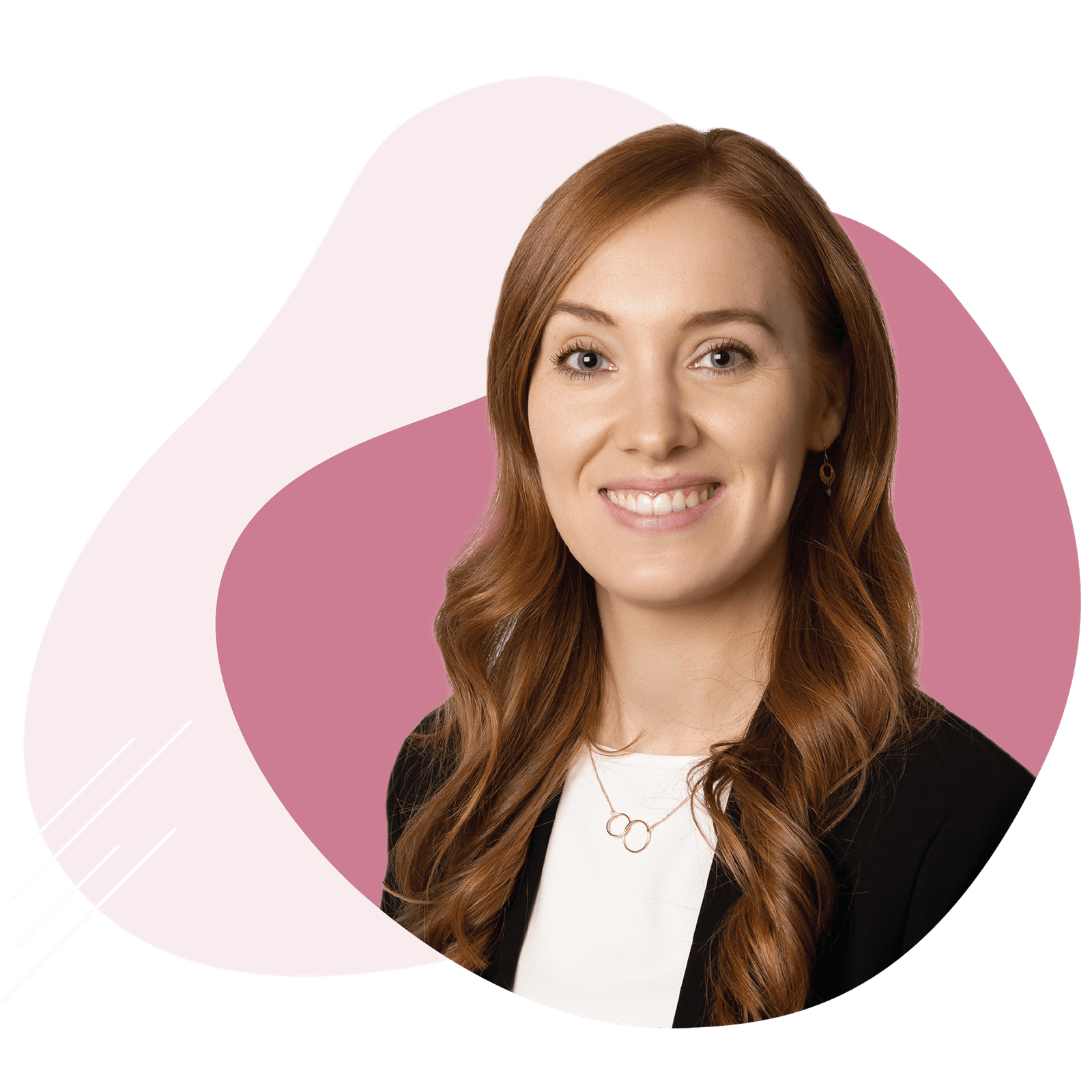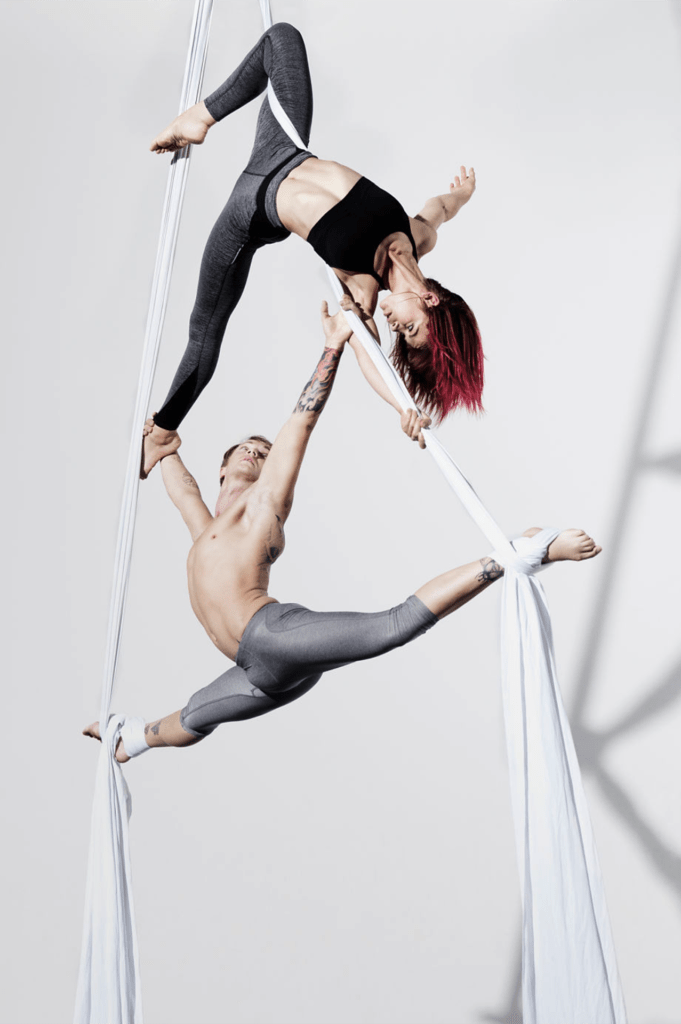Clinical experience has led me to realize the importance of addressing emotional upset in the people I work with but there is also a huge amount of research that teaches us this. A review of the literature earlier this year by Mitsiaki et al (2022) concluded that there are associations between adolescent idiopathic scoliosis and depression, anxiety and neuroticism. Wang et al (2021) advised that more attention should focus on supporting young people’s mental health while going through bracing treatments for scoliosis. Their review of the data reported that adolescents with scoliosis, being treated with bracing, suffer in their quality of life most from psychological burdens. Lee et al (2021) advise that young people with adolescent idiopathic scoliosis and their parents should receive counseling given an increased risk of mental health issues. It is a tough diagnosis in many regards. If going through conservative treatment it can feel somewhat endless for the young person. Having to wear a brace and complete exercise can feel very unfair. If the diagnosis is that of a scoliosis needing surgery this comes with its own fears and anxieties. We strongly encourage all of our young people to speak up about how they are feeling with their diagnosis. This can be to their family, their friends, to us as their physios or sometimes external support is required and that is when Deirdre can be of huge support to a family. Issues such as body image and insecurity can often be brought up as well and this can surface at any age in the life of somebody living with scoliosis.

